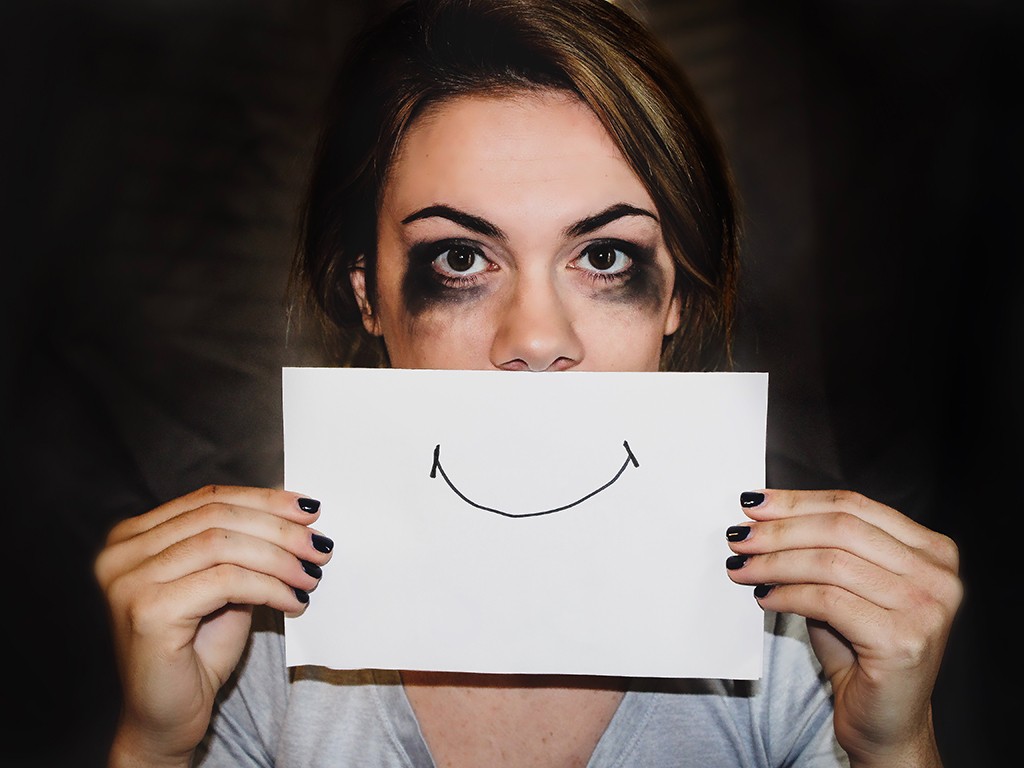
How to Manage Social Anxiety in Everyday Life
Social anxiety is a common mental health issue that affects millions of people worldwide. It can be debilitating and prevent individuals from engaging in social activities or even basic everyday tasks. Fortunately, there are several ways to manage social anxiety and live a fulfilling life. In this article, we will discuss various techniques and tips to help you manage social anxiety in everyday life.
Identifying Social Anxiety
Before we dive into the techniques to manage social anxiety, let’s first understand what it is and how it affects people. Social anxiety is an excessive fear of being judged or evaluated negatively by others in social situations. It can manifest in various ways, including:
- Fear of public speaking
- Avoiding social situations
- Sweating or shaking in social situations
- Difficulty making eye contact or speaking up in groups
- Fear of being the center of attention
If you experience any of these symptoms, you may have social anxiety. It’s essential to identify social anxiety early to take necessary steps to manage it.
Techniques to Manage Social Anxiety in Everyday Life
Deep Breathing
One effective technique to manage social anxiety is deep breathing. When you feel anxious, your breathing becomes shallow, and your heart rate increases. Deep breathing helps calm your nerves and reduce anxiety. Here’s how to do it:
- Find a quiet place to sit or lie down
- Inhale deeply through your nose for 4 seconds
- Hold your breath for 4 seconds
- Exhale slowly through your mouth for 6 seconds
Repeat this exercise for a few minutes until you feel calmer.
Cognitive Behavioral Therapy (CBT)
CBT is a type of therapy that helps individuals identify and change negative thought patterns and behaviors. It’s an effective treatment for social anxiety and helps individuals manage their anxiety in everyday situations. CBT involves several techniques, including exposure therapy, relaxation techniques, and cognitive restructuring.
Exercise
Regular exercise can help reduce symptoms of social anxiety. Exercise releases endorphins, which are natural mood enhancers. It also helps reduce muscle tension and improves overall physical health. Try to incorporate at least 30 minutes of physical activity into your daily routine.
Mindfulness Meditation
Mindfulness meditation is a technique that involves focusing on the present moment and accepting thoughts and feelings without judgment. It can help individuals with social anxiety manage their symptoms and improve their overall mental health. Here’s how to practice mindfulness meditation:
- Find a quiet place to sit comfortably
- Focus on your breath and the sensation of air moving in and out of your body
- When your mind wanders, gently bring your focus back to your breath
- Practice for a few minutes daily, gradually increasing the duration over time
Tips for Managing Social Anxiety in Everyday Life
Challenge Negative Thoughts
Social anxiety is often triggered by negative thoughts and beliefs. It’s essential to challenge these thoughts and replace them with more positive and realistic ones. For example, if you’re anxious about attending a social event, challenge the thought that “everyone will judge me” and replace it with “I can have a good time and connect with others.”
Gradual Exposure
Exposure therapy is a technique that involves gradually exposing individuals to the situations that trigger their anxiety. It helps desensitize them to the situation and reduces anxiety over time. For example, if you’re anxious about public speaking, start by practicing in front of a small group of people and gradually work your way up to larger audiences.
Practice Relax
Relaxation techniques such as deep breathing, progressive muscle relaxation, and visualization can help individuals manage their social anxiety symptoms in everyday life. Regularly incorporating relaxation techniques into your daily routine can help you stay calm and manage your social anxiety more effectively.
Build a Support System
Having a support system can help individuals with social anxiety manage their symptoms. Reach out to friends and family members who understand and support you. Join a support group or consider seeing a therapist.
Practice Self-Care
Self-care is essential for managing social anxiety. Take care of your physical health by getting enough sleep, eating a healthy diet, and exercising regularly. Take time to do activities that you enjoy, such as reading, listening to music, or practicing a hobby.
Frequently Asked Questions (FAQs)
- Can social anxiety go away on its own?
Social anxiety can improve over time with the right treatment and techniques. However, it may not go away on its own without intervention. - Can medication help with social anxiety?
Yes, medication can be helpful in managing social anxiety. Talk to your doctor or mental health professional about medication options. - How can I prepare for a social situation that triggers my anxiety?
Practice deep breathing, challenge negative thoughts, and visualize yourself successfully navigating the situation. Gradually expose yourself to the situation to reduce anxiety over time. - Is social anxiety the same as shyness?
No, shyness is a personality trait, while social anxiety is a mental health condition that can be debilitating.
Conclusion
Social anxiety can be challenging to manage, but with the right techniques and support, individuals can overcome their symptoms and lead fulfilling lives. Deep breathing, cognitive-behavioral therapy, exercise, and mindfulness meditation are all effective techniques for managing social anxiety. Additionally, challenging negative thoughts, gradual exposure, building a support system, and practicing self-care can help individuals manage their symptoms in everyday life. If you experience social anxiety, don’t hesitate to seek help from a mental health professional. You don’t have to suffer alone. Take control of your life and manage your social anxiety today.





